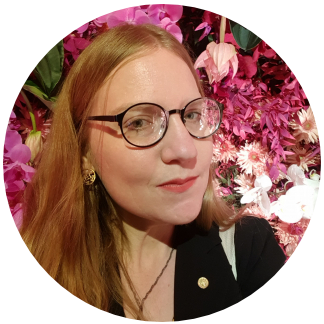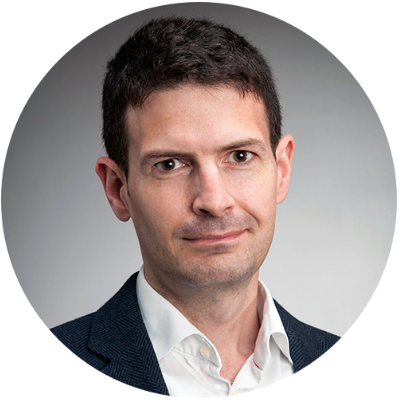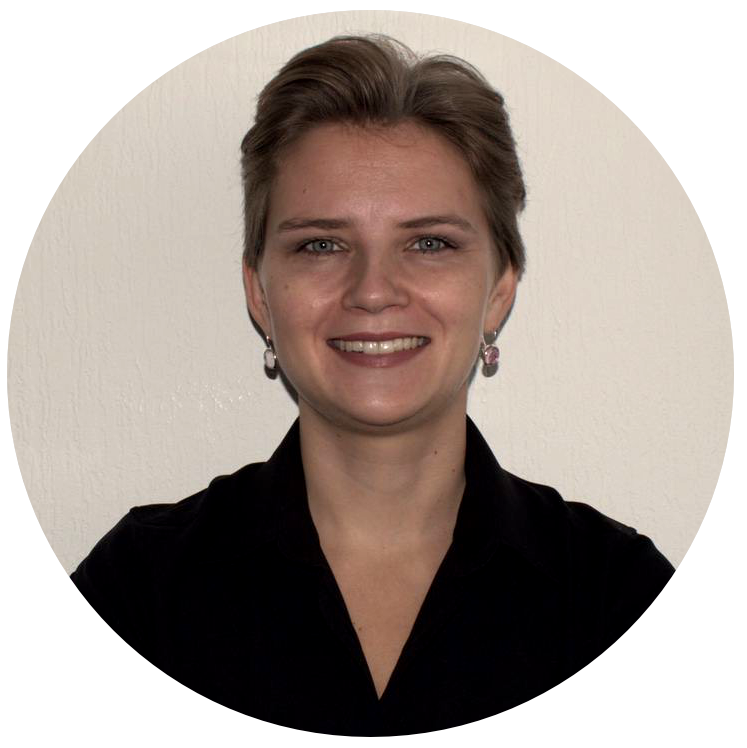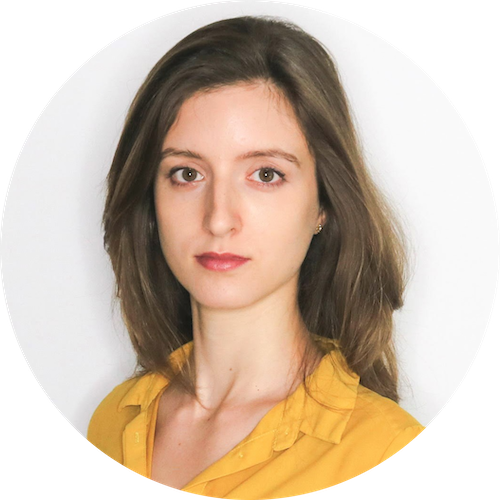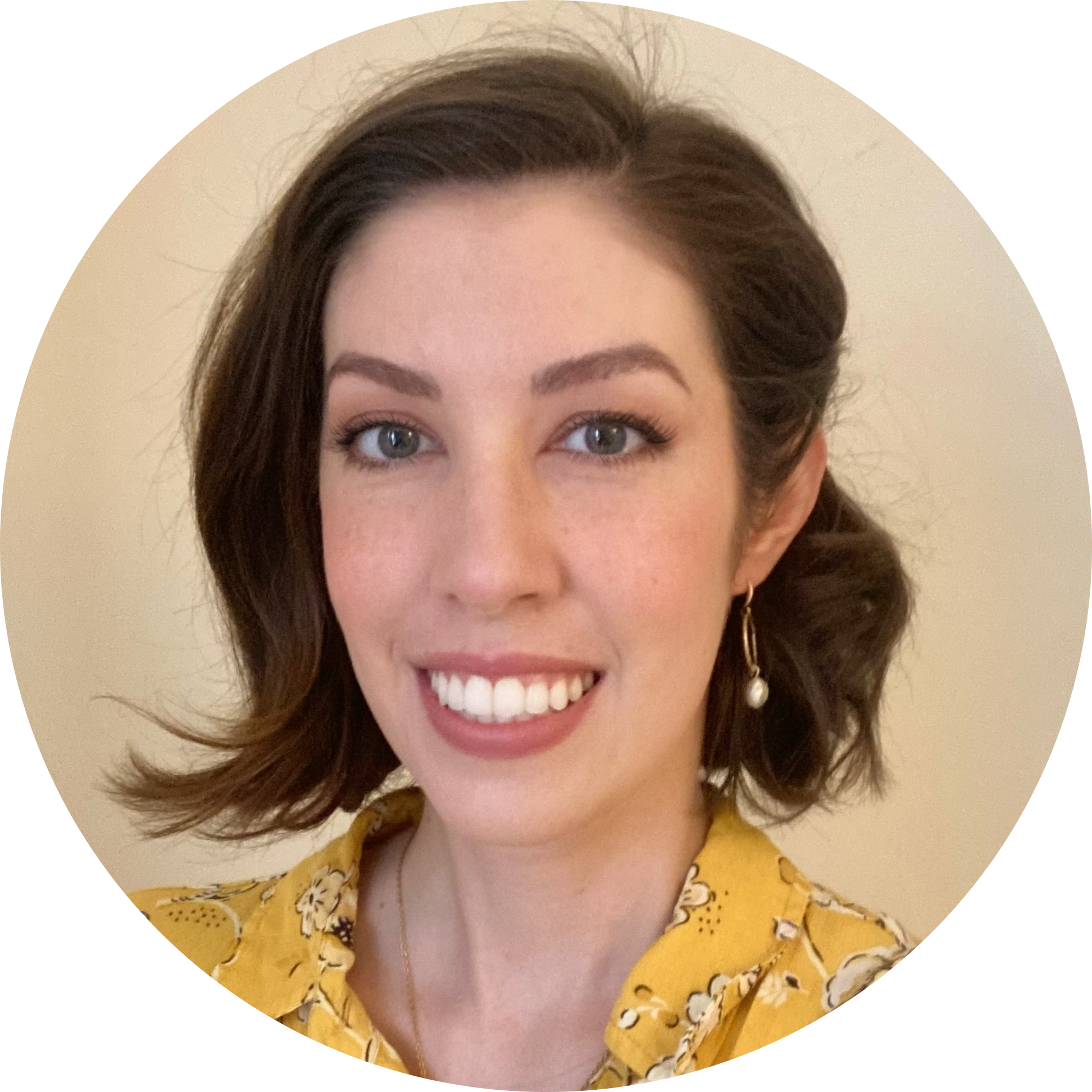Our Research Question
Trafficking represents serious transnational crime which challenges our physical, social, economic security. Existing policy is ineffective at reducing the flow of many illicit commodities. We ask: what if our attempts to disrupt this crime fail because they ignore a crucial element within trafficking networks: the trafficked objects themselves?
Our Locations
TRANSFORM is based at Maastricht University in the Netherlands, in collaboration with Victoria University at Wellington (New Zealand) and the University of Cape Town (South Africa). Our ethnographic research is global, with particular focus on Southern Africa, the South Pacific, Latin America, and the American Southwest.
Our Objects
This project focuses on three types of collectable object: antiquities, collectable wildlife, and fossils. These types of objects inspire passion and profound responses in many people. At times, it seems, this can lead to crimes being committed. By understanding the relationships between people and objects we hope to better understand crime.
Our Methods
By drawing heavily on research from object-focused fields such as archaeology, heritage studies, and museum studies, we at TRANSFORM conduct ethnographic research on object networks.
Our Goals
We hope that through this project we can help to develop a new and more accurate model of the networks that form around and with the objects of crime. We also seek to better understand the complex relationships between people and objects and how those relationships could be better addressed in ant-crime policy.
Our Funding
TRANSFORM is a five-year project funded by the European Research Council.

